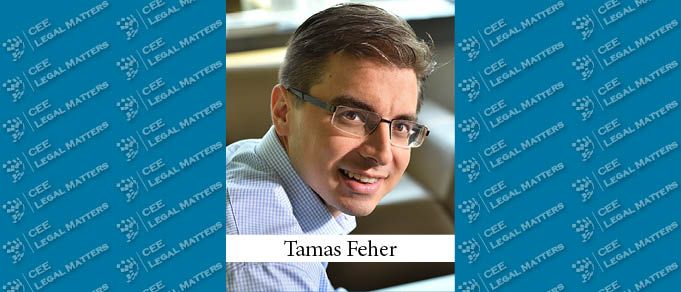It has long been a problem that the tax authority refuses to refund to a supplier the VAT that has already paid by him, even if the customer has not paid the gross purchase price at all. However, in a recent ruling, the European Court of Justice has clearly ruled that if the claim has become definitively unrecoverable, the Hungarian tax authority NAV is also required to refund the VAT on that claim to the seller. This decision now also allows other affected taxpayers to request a refund of the VAT on their unrecoverable receivables within a maximum of six months.
For many years, Hungarian taxpayers have been struggling with the fact that if their customer is definitively unable or unwilling to pay the consideration for a product or service, the seller will not only lose the net amount of the consideration, but also the VAT that he or she has correctly paid to the state treasury. It only takes a bit of common sense to see how unfair this is, since the state pockets VAT that is ultimately funded not by the customer but by the supplier.
NAV remains unrelenting
In the past, taxpayers have, in many cases, tried to fight for their rights in court and recover the VAT on their unrecoverable receivables – to no avail. However, at the end of 2017, the ECJ issued a ruling in an Italian case that suggested that the Hungarian practice so far could not be upheld. This ruling states that the VAT must be refunded to the taxpayer if it’s almost certain that the customer will never pay the purchase price – usually because it is unable to do so. This is most common when the customer is under liquidation, but there may be other, similar situations, such as when the customer is subject to foreclosure.
However, in spite of the seemingly clear ruling in the Italian case, the Hungarian tax authority continued to refuse to refund the VAT: there have been several recent court decisions upholding the earlier Hungarian position and refusing to allow the refunding of VAT on claims that have become permanently unrecoverable.
A fresh ruling of the ECJ in a Hungarian case
In a radical change to the foregoing, the ECJ recently issued a ruling in a case initiated by a Hungarian taxpayer, making it clear that once a claim has become permanently unrecoverable, the Member State cannot decide not to refund the VAT. That would be incompatible with the principle of VAT neutrality.
Were they anticipating this?
An interesting twist in this story is that in 2019, when the above case had already been awaiting a decision from the ECJ, the Hungarian legislator probably realised that it was no longer possible to uphold the previous position of out-and-out refusal. At the same time, as in the famous Hungarian folk tale, they managed to bring a gift while not bringing one: on the one hand, they allowed VAT refunds from 1 January 2020, under very strict conditions, but this option would not extend to sales made before 2016. And this despite the fact that for most VAT-subjects, the year 2015 as a whole and the end of the year 2014 will only expire at the end of 2020.
You can now still reclaim the VAT if you’re quick
Therefore, despite the changes in the VAT Act, the recently issued ruling can be of great help to taxpayers. By referring to this decision, businesses will be able to reclaim millions or even billions of forints from the tax authority, which even the new rules coming into effect next year will not allow. From now taxpayers have 180 days to claim back the VAT on their unrecoverable claims related to sales made before 2016 by referring to this decision. However, it’s also important to see that for transactions prior to the end of 2014, this can only be done until the end of this year, due to the limitation period. So the clock is already ticking.
By Tamás Fehér, Partner, Jalsovszky




